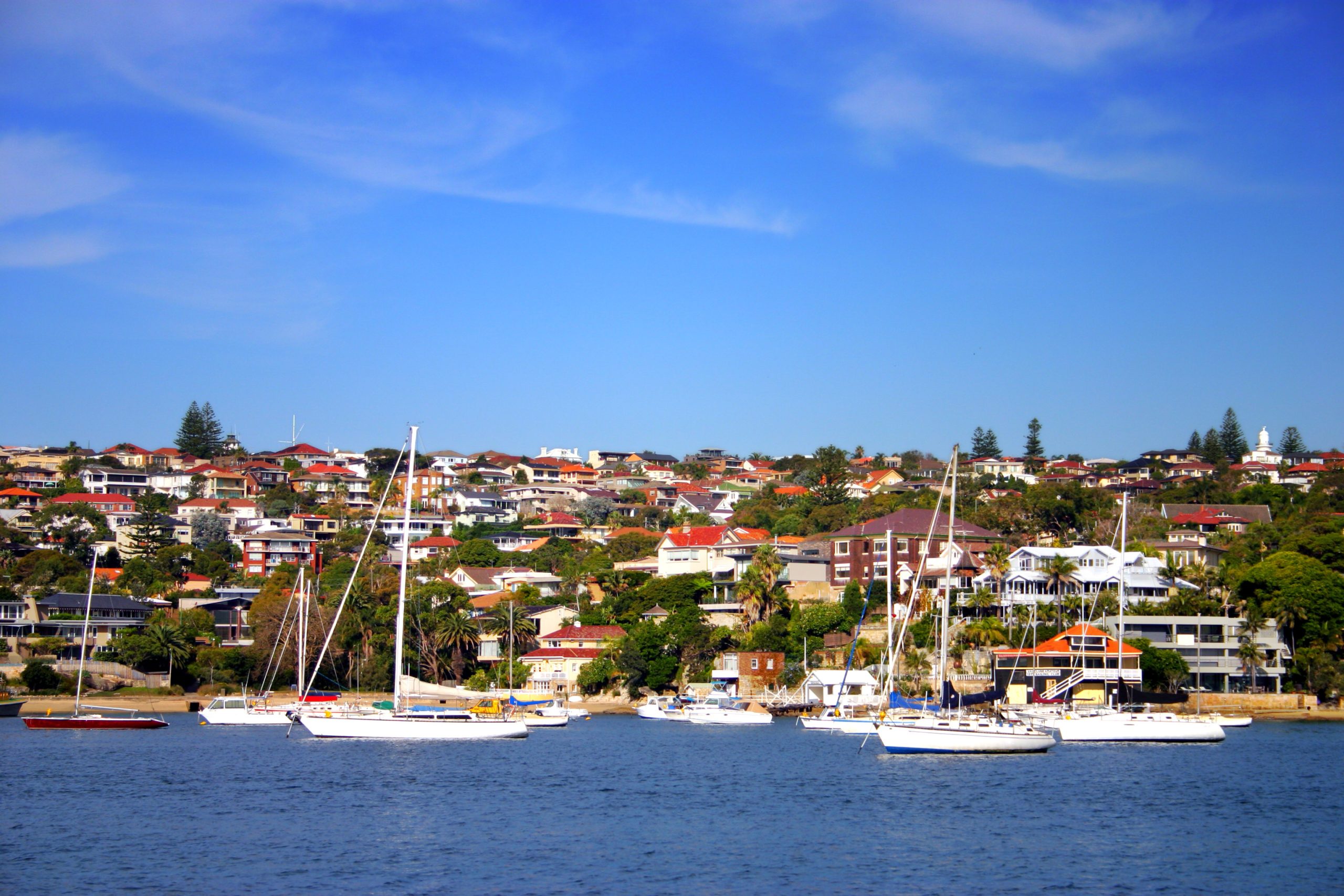Bitcoin is back, but not as you know it
The US Securities and Exchange Commission finally approved spot bitcoin ETFs this week
Several of the first spot bitcoin exchange-traded funds (ETFs) to ever be listed on United States stock markets began trading last night. This follows the US Securities and Exchange Commission (SEC) approving the listing of 11 spot bitcoin ETFs after a legal battle with fund provider, Grayscale. The approval follows six years of knock-backs for many fund providers seeking permission to offer spot bitcoin ETFs. This is considered a watershed moment in the investing world, allowing more investors to gain exposure to the cryptocurrency asset without buying bitcoin directly themselves.
ETFs are baskets of assets that are professionally managed by fund providers. Ordinary investors can buy them on the stock market just like any other share. Among the 11 fund providers approved to launch their ETFs this week are BlackRock, Fidelity, Grayscale and VanEck.
Spot bitcoin ETFs give investors direct exposure to bitcoin at its spot (current) price. The ability to buy bitcoin exposure via a traditional stock exchange will give investors some degree of regulatory protection as the fund managers must comply with the Securities Act, Exchange Act, and SEC rules. Investors may also feel more peace of mind buying bitcoin via a professionally managed ETF instead of buying it directly themselves through an unregulated cryptocurrency trading platform.
However, SEC Chair Gary Gensler emphasised that the decision to approve the spot bitcoin ETFs did not mean the SEC endorsed cryptocurrency assets. He said bitcoin was “primarily a speculative, volatile asset that’s also used for illicit activity including ransomware, money laundering, sanction evasion, and terrorist financing”. He added: “While we approved the listing and trading of certain spot bitcoin ETP shares today, we did not approve or endorse bitcoin. Investors should remain cautious about the myriad risks associated with bitcoin and products whose value is tied to crypto.”
The SEC’s decision follows a lawsuit launched by Grayscale after the SEC refused to allow it to convert its Grayscale Bitcoin Trust into a listed ETF. The US Court of Appeals for the District of Columbia found that the SEC had failed to adequately explain its reasons for denying the listing. This meant the SEC had to review its ruling and either more fully explain its reasoning, or approve the listing of the ETF. Gensler said in light of these circumstances, “I feel the most sustainable path forward is to approve the listing and trading of these spot bitcoin [ETF] shares”. The SEC not only approved Grayscale’s product but 10 other spot bitcoin ETF applications awaiting a decision.
Gensler warned that the approval of spot bitcoin ETFs would not automatically open the door for other cryptocurrency ETF products. “It should in no way signal the Commission’s willingness to approve listing standards for crypto asset securities,” he said. Bitcoin closed slightly lower at US$46,382.60 in overnight trading. Cryptocurrencies are known for their volatility. In the case of bitcoin, it hit an all-time peak value of just under $69,000 in November 2021 before crashing to below $17,000 in 2022. Over the past 12 months, the bitcoin price has risen by almost 160%.
This stylish family home combines a classic palette and finishes with a flexible floorplan
Just 55 minutes from Sydney, make this your creative getaway located in the majestic Hawkesbury region.
Continued stagflation and cost of living pressures are causing couples to think twice about starting a family, new data has revealed, with long term impacts expected
Australia is in the midst of a ‘baby recession’ with preliminary estimates showing the number of births in 2023 fell by more than four percent to the lowest level since 2006, according to KPMG. The consultancy firm says this reflects the impact of cost-of-living pressures on the feasibility of younger Australians starting a family.
KPMG estimates that 289,100 babies were born in 2023. This compares to 300,684 babies in 2022 and 309,996 in 2021, according to the Australian Bureau of Statistics (ABS). KPMG urban economist Terry Rawnsley said weak economic growth often leads to a reduced number of births. In 2023, ABS data shows gross domestic product (GDP) fell to 1.5 percent. Despite the population growing by 2.5 percent in 2023, GDP on a per capita basis went into negative territory, down one percent over the 12 months.
“Birth rates provide insight into long-term population growth as well as the current confidence of Australian families,” said Mr Rawnsley. “We haven’t seen such a sharp drop in births in Australia since the period of economic stagflation in the 1970s, which coincided with the initial widespread adoption of the contraceptive pill.”
Mr Rawnsley said many Australian couples delayed starting a family while the pandemic played out in 2020. The number of births fell from 305,832 in 2019 to 294,369 in 2020. Then in 2021, strong employment and vast amounts of stimulus money, along with high household savings due to lockdowns, gave couples better financial means to have a baby. This led to a rebound in births.
However, the re-opening of the global economy in 2022 led to soaring inflation. By the start of 2023, the Australian consumer price index (CPI) had risen to its highest level since 1990 at 7.8 percent per annum. By that stage, the Reserve Bank had already commenced an aggressive rate-hiking strategy to fight inflation and had raised the cash rate every month between May and December 2022.
Five more rate hikes during 2023 put further pressure on couples with mortgages and put the brakes on family formation. “This combination of the pandemic and rapid economic changes explains the spike and subsequent sharp decline in birth rates we have observed over the past four years,” Mr Rawnsley said.
The impact of high costs of living on couples’ decision to have a baby is highlighted in births data for the capital cities. KPMG estimates there were 60,860 births in Sydney in 2023, down 8.6 percent from 2019. There were 56,270 births in Melbourne, down 7.3 percent. In Perth, there were 25,020 births, down 6 percent, while in Brisbane there were 30,250 births, down 4.3 percent. Canberra was the only capital city where there was no fall in the number of births in 2023 compared to 2019.
“CPI growth in Canberra has been slightly subdued compared to that in other major cities, and the economic outlook has remained strong,” Mr Rawnsley said. “This means families have not been hurting as much as those in other capital cities, and in turn, we’ve seen a stabilisation of births in the ACT.”
This stylish family home combines a classic palette and finishes with a flexible floorplan
Just 55 minutes from Sydney, make this your creative getaway located in the majestic Hawkesbury region.


















